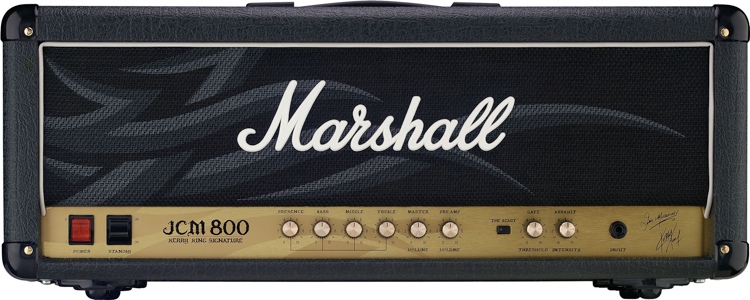josh
Well-known member
What's up everyone?
My brothers so is getting to be an old man! At his ripe age of 15 he is listening to stuff like Slayer, Metallica (older), Iron Maiden, all the great old stuff I listened to when I was his age and I think that's totally awesome. He is learning to play the real guitar now instead of just playing guitar hero, which he also does alot.
So I let him borrow my Rat and chorus pedals and I told him that if he learns to play either Creeping Death or Master of Puppets reasonably well, I would build him an amp and head. The only problem is that I've never done this. I've build plenty of other things so I'm sure I can do this too.
Can one of you point me to a place that has parts, designs, schematics, reviews, and things of that nature so I can strart looking into this?
please and thank you.
My brothers so is getting to be an old man! At his ripe age of 15 he is listening to stuff like Slayer, Metallica (older), Iron Maiden, all the great old stuff I listened to when I was his age and I think that's totally awesome. He is learning to play the real guitar now instead of just playing guitar hero, which he also does alot.
So I let him borrow my Rat and chorus pedals and I told him that if he learns to play either Creeping Death or Master of Puppets reasonably well, I would build him an amp and head. The only problem is that I've never done this. I've build plenty of other things so I'm sure I can do this too.
Can one of you point me to a place that has parts, designs, schematics, reviews, and things of that nature so I can strart looking into this?
please and thank you.



